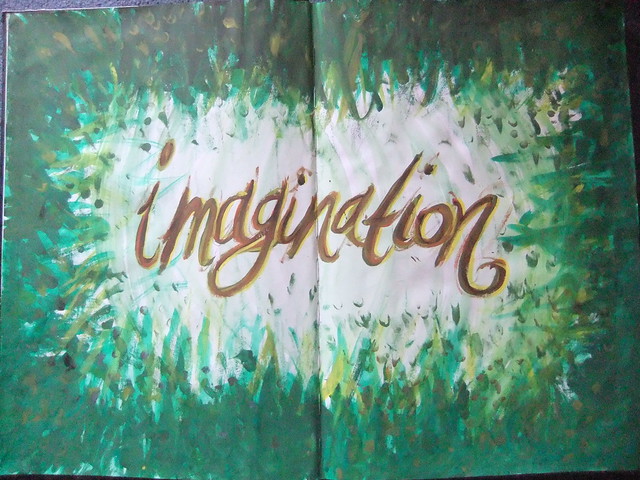How do you teach and learn in ways you can’t imagine teaching and learning?
That’s the question. That’s the driver behind my curriculum development work toward Universal Web Literacy at the Mozilla Learning Networks. I spent the better part of my 14-year public-teaching teaching career wondering how I could use my experience to speak to someone else’s. That work continues in my new role, and I keep that question in mind all the time.
It’s not solitary work, that’s not a question I can answer on my own. I am supremely grateful for my new colleagues and for the #teachtheweb community members around the world, just as I was grateful to have students willing to play around with learning, to question my teaching, and to suggest other ways to make our shared work matter to them.
After the first few weeks of learning the culture and surveying the curricular landscape, here’s what I’m thinking of while looking ahead.
Open
We need a process that’s truly open in that it engages our community, meets its real needs, and benefits from its wisdom. We need open products that teachers and learners can use to read, write, and participate on the Web – and that our partners can use to explain and champion the Open Web to their stakeholders and leaders.We can gauge how successful we are at being open by how often our users remix content – like this Webmaker App teaching kit – from it.
Hyper-Local
We need to develop curriculum that can be customized at the community- and individual levels – curriculum that is hyper-localizable. We should continue to design and develop learning activities that highlight localization, modularity and remixability for different audiences as strengths. We want to share a strong curriculum, but we also want to share out, model, and suggest best practices for remix – like this media hacking activity for girls – so that the focus is on replicating learners’ successes through customized materials rather than on teachers’ absolute fidelity to our plans.
Sustainable
Universal Web Literacy is a constant, urgent, and global need that could easily outlast our efforts to meet it. We should help local educators sustain their efforts to teach the Web by developing and releasing relevant curriculum at a dependable rate and in response to community feedback through forums like Discourse, Hive communities, and face-to-face trainings. If we can do that, we can start a virtuous loop of development, testing, iteration, and release that sustains itself and holds us accountable to our mission.
Participatory
If we want a curriculum that’s more than a checklist, we have to make the Web real. We should develop lessons that let teachers play and build alongside learners so that they make something that serves as a metaphor for what happens next on the Web. Moreover, we need to close each activity or assessment with rich, reflective questions that help learners connect the Web to their worlds.
Connected Learning, design thinking, and game design
These are the frameworks I keep in mind as a curriculum developer. In particular, I’m focused on the “openly networked” and “production centered” principles from Connected Learning. I’m thinking of participatory activities and assessments as design challenges. In drawing from game design, I want to adapt Mark Rosewater’s “Ten Things Every Game Needs” into “Ten Things Every Curriculum Needs,” while avoiding gamification.
Exploratory design
Exploratory design (also borrowed from Rosewater) is a future-facing design process that happens parallel to present-day development. For example, let’s say we spend two weeks working on the next module in our Web Literacy curriculum. Could we spend the next week sprinting on a Thimble extension that makes it easier to read for someone who has trouble processing text? The idea here is to have one team – or one block of time – dedicated to developing what comes next and another team – or another block of time – dedicated to puzzling out how to teach and learn the Web in ways we haven’t yet imagined.
Looking ahead
If we want Universal Web Literacy to become a global movement, then its value needs to be ingrained in our cultures. What does Web Literacy look like in our brightest future? In our darkest one? What does it look like in a resource-rich or resource-scarce age? After a resurgence or collapse? What are the Web Literacy artifacts we leave to the far future? To deep time? How will our work be remembered as an ancestor of whatever Web comes next?
These are the imponderables I love to ponder alongside the challenges facing us today in producing relevant, accessible, and remixable curriculum that helps as many people as possible read, write, and participate on the Web. I hope I can be of help – and I know I will need yours. Let me know how you think we can do a better job sharing our love of learning and mission to teach the Web through the Mozilla Learning Networks curriculum. You can find me on our community forum, Discourse, reach me by email at chad@mozillafoundation.org, or tweet @chadsansing.

Greg McVerry wrote on
:
wrote on
:
Chad Sansing wrote on
:
wrote on
: